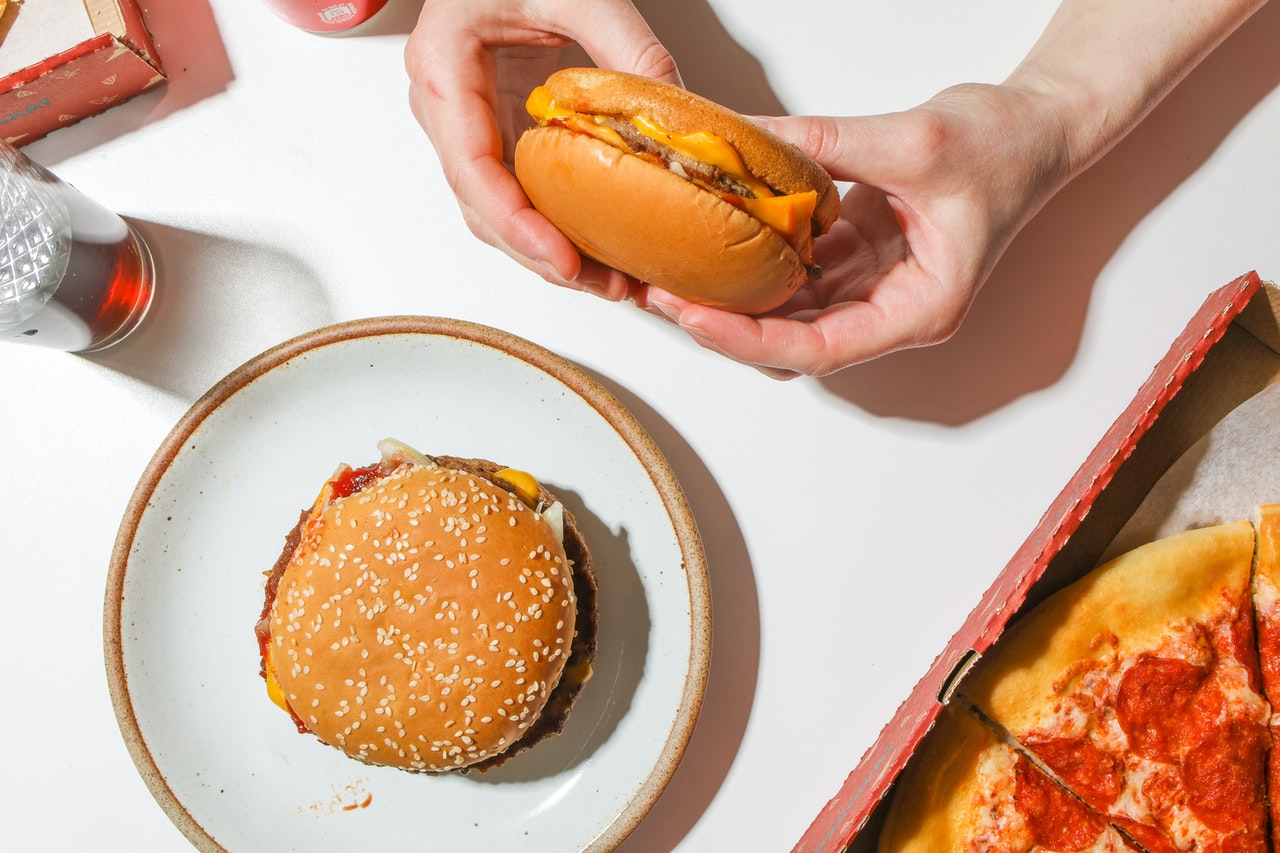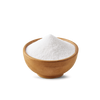
Eat This and You Could Ruin Your Hormone Levels
I focus a considerable amount on doing all I can to optimize your hormone health. I say that a lot because I hope that as you read this you begin to understand just how important hormones are to your overall health.
These chemical messengers control so many different facets of our lives.
While nutrients in our body serve to accomplish biological tasks (even forming hormones), the signalling hormones allow for the most sophisticated processes to occur.
For example, if you want your small child to grow into a healthy adult, their hormone health is critically important. Disruptions in hormones can stunt growth and impair emotional and psychological development.
And if you’d like to get restful sleep regularly, you need to keep hormone production in line with what is normal and healthy.
Now you might expect me to tell you all about how you can take this hormone or that hormone to help achieve wonderful states of health.
And I’ve got dozens of articles that focus on just that.
But, instead, I want to show you why it’s important to watch what you eat, as what you allow in your body (or your child’s body) can have pretty harmful effects on healthy development.
I recently came across a study that showed that many of the foods Americans depend on could actually harm their hormone balance.
Reading this article didn’t necessarily shock me, but I figured you’d probably like to know what these foods are so you can avoid them in the future.
How Foods Packaged In This Could Kills Healthy Hormone Levels
What’s interesting about what you’re going to discover here in just a moment isn’t so much how the actual food you eat could hurt your hormone levels…
But rather, how the packaging it comes in can affect the food you eat.
A significant amount of fast food, as well as junk food, come wrapped up in convenient wrappers that offer a nice visual appeal, but also pose a serious risk to your body.
That’s because many of these foods are made with hormone-disrupting chemicals called phthalates.
Phthalates are used by manufacturers for a variety of reasons, including to make plastic materials softer and more flexible.
The food industry uses them both in the processing equipment as well as in the food packaging they deliver your meals in.
So, even if you order a meal from a fast food restaurant that you believe is healthy (I don’t know why you’d think that), there’s a good chance that it'll come into contact with and absorb phthalates.
And the issue here is that phthalates can leach into food. And seeing as how even occasional exposure to phthalates could disrupt how your body’s hormones function, there’s real concern that a vast number of Americans are suffering extreme damage to their endocrine system.
Recently a study came out that showed that there are detectable levels of various types of phthalates in a long list of foods sold to us by some of the most trusted fast-food chains.
These companies aren’t purposefully poisoning you, but it does bring to light the serious need for you to remain vigilant about what goes into your body as well as bringing into question how the food industry at large can help reduce phthalates exposure.
Because it’s not just the fast food chains who are using phthalates…
They’re in any number of wrappers and packages that touch your food.
As we’ve come to understand just how harmful phthalates can be, there’s been a push to create phthalate-free alternatives. The only problem is these alternatives aren’t well studied and the research that has been done on them show they too can transfer into food and into your body.
What The Study Showed Is Concerning
In the study I referenced above, researchers analyzed food from 6 popular fast food restaurants, including McDonald’s, Pizza Hut, Taco Bell, Burger King, Domino’s Pizza, and Chipotle.
They collected a total of 64 food samples from a handful of locations of each restaurant to make sure the samples they were drawing from didn’t come from just one location.
They even went as far as to collect the unused gloves from the employees, the same gloves they use to keep us safe from germs and other contaminants.
At the conclusion of their study they discovered that all 64 foods had some level of phthalates or alternative plasticizers.
That’s pretty alarming, especially when you realize how many people depend (and I really do mean depend) on fast food as their main source of nutrition.
If this isn’t a reason to stop eating fast food, the simple fact that the vast majority of fast foods are pro-inflammatory should be another.
I am concerned, however, what this discovery could mean for other foods wrapped in food-grade plastic, or served in plastic containers. I have a feeling that many of the healthy foods we enjoy may be contaminated with these kinds of chemicals, too.
All the more reason to have hormone levels checked occasionally and to buy local as often as possible, when food comes from the farm with minimal processing and minimal exposure to phthalates and other kinds of potentially dangerous products like them.
Didn’t mean to scare you, but thought you should know.



